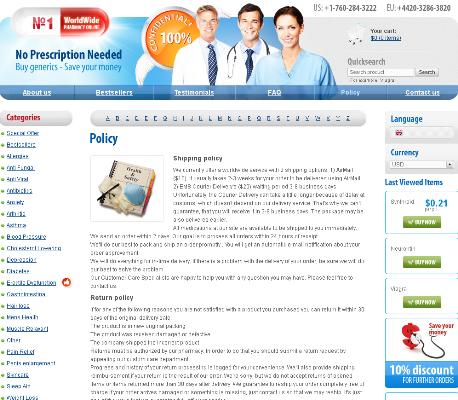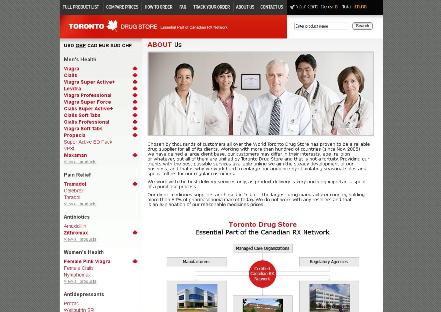Finasteride and Pregnancy: Essential Facts
What Is Finasteride and How It Works
Finasteride is a medication primarily prescribed to treat male pattern baldness and benign prostatic hyperplasia (BPH). It operates by inhibiting the action of 5-alpha-reductase, an enzyme that converts testosterone into dihydrotestosterone (DHT). Elevated levels of DHT are associated with hair loss and prostate enlargement. By reducing DHT levels, Finasteride effectively decreases hair loss and promotes hair regrowth in men, while also reducing the size of an enlarged prostate.
The mechanism of Finasteride is centered on hormonal regulation. Specifically, by blocking the conversion of testosterone, it lowers overall DHT levels in the body. This particular pathway is crucial due to DHT's potent effects compared to testosterone, which, if left unchecked, can perpetuate unwanted conditions like hair loss and BPH.
| Condition | Effect of Finasteride |
|---|---|
| Male Pattern Baldness | Reduces hair loss; promotes regrowth |
| Benign Prostatic Hyperplasia | Decreases prostate size |
Potential Risks of Finasteride during Pregnancy

Finasteride, commonly used to treat conditions like male pattern baldness and benign prostatic hyperplasia, can pose significant risks if administered during pregnancy. The active ingredient in finasteride can potentially interfere with fetal development, especially concerning male fetuses. Exposure to finasteride during critical periods of gestation has been linked with abnormalities such as hypospadias, a condition where the opening of the urethra is not located at the tip of the penis.
Moreover, studies show that even topical or minimal exposure can carry risks, affecting fetal growth and sexual differentiation. It's crucial for pregnant women or those planning to conceive to be cautious around finasteride, as inadvertent contact—such as handling crushed or broken tablets—might lead to absorption through the skin. Awareness and preventive measures can significantly reduce potential adverse effects, ensuring the safety of both mother and child.
Studies and Research on Finasteride Exposure
Numerous studies have investigated the impact of finasteride exposure during pregnancy, particularly focusing on male fetuses. One pivotal study highlighted a significant risk for congenital disabilities in male offspring when exposed to the drug. The research established that finasteride could interfere with the natural development of male genitalia, leading to abnormalities. Further studies emphasized the need for stringent precautions due to the drug’s potential teratogenic effects. Leading research institutions have continually underscored the importance of avoiding finasteride during pregnancy stages. Peer-reviewed journals frequently call for increased awareness and cautious use, especially among pregnant women and those planning to conceive, to mitigate any risks.
buy flexeril
Expert Guidelines and Doctor Recommendations

When it comes to the use of finasteride during pregnancy, leading medical organizations and specialists set clear guidelines to minimize risks. The American College of Obstetricians and Gynecologists (ACOG) advises against the use of finasteride for pregnant women due to its potential to cause birth defects, particularly affecting the development of the male fetus’s genitalia. Healthcare providers stress the critical importance of transparency between expecting mothers and their doctors about any medications they are taking.
Doctors typically recommend alternative treatments for conditions initially managed by finasteride if the patient is or plans to become pregnant. Hair loss treatments like topical minoxidil or non-medical interventions may be considered safer options. These alternatives help maintain the mother's well-being while protecting fetal health.
Furthermore, pregnancy planning should include discussions about medication management. Women of childbearing age on finasteride therapy are usually advised to use effective contraception and consult healthcare providers before discontinuing any medication. It is imperative to weigh the benefits and risks with a qualified healthcare provider to ensure both maternal and fetal safety during pregnancy.
buy lipitor
Alternatives to Finasteride for Pregnant Women
Pregnant women seeking alternatives to finasteride may consider several options that offer safer profiles. For hormonal imbalance-related conditions like hair loss or hirsutism, non-drug methods such as lifestyle changes, improved diet, and stress management are effective first steps. Specialized shampoos and topical treatments containing natural ingredients are another avenue, though efficacy can vary.
For more clinical approaches, doctors sometimes recommend minoxidil, albeit cautiously and primarily in lower concentrations. It's essential to consult a healthcare provider to ensure safety. Furthermore, androgen receptor blockers like spironolactone, while generally effective for non-pregnant individuals, should be avoided during pregnancy due to potential risks.
| Alternative | Safety Profile in Pregnancy | Comments |
|---|---|---|
| Specialized Shampoos | Safe | Effectiveness can vary; choose natural ingredients |
| Minoxidil | Use with caution | Consult healthcare provider |
| Spironolactone | Not safe | Avoid during pregnancy |
Real-life Stories: Experiences of Affected Families
buy lasix
Maria, a first-time mom, discovered she was pregnant shortly after her husband began using finasteride for hair loss. Concerned about potential risks, they consulted their healthcare provider and dived into extensive research. Another family's story involves Jenna, who accidentally handled crushed finasteride tablets while pregnant. The couple was alarmed and sought immediate medical advice due to the possible danger to the male fetus. A contrasting experience is shared by Tom and Lisa, where Tom discontinued the medication well before they planned to conceive, following their doctor’s recommendation. These narratives highlight the importance of being informed and cautious when dealing with finasteride and pregnancy.
<

